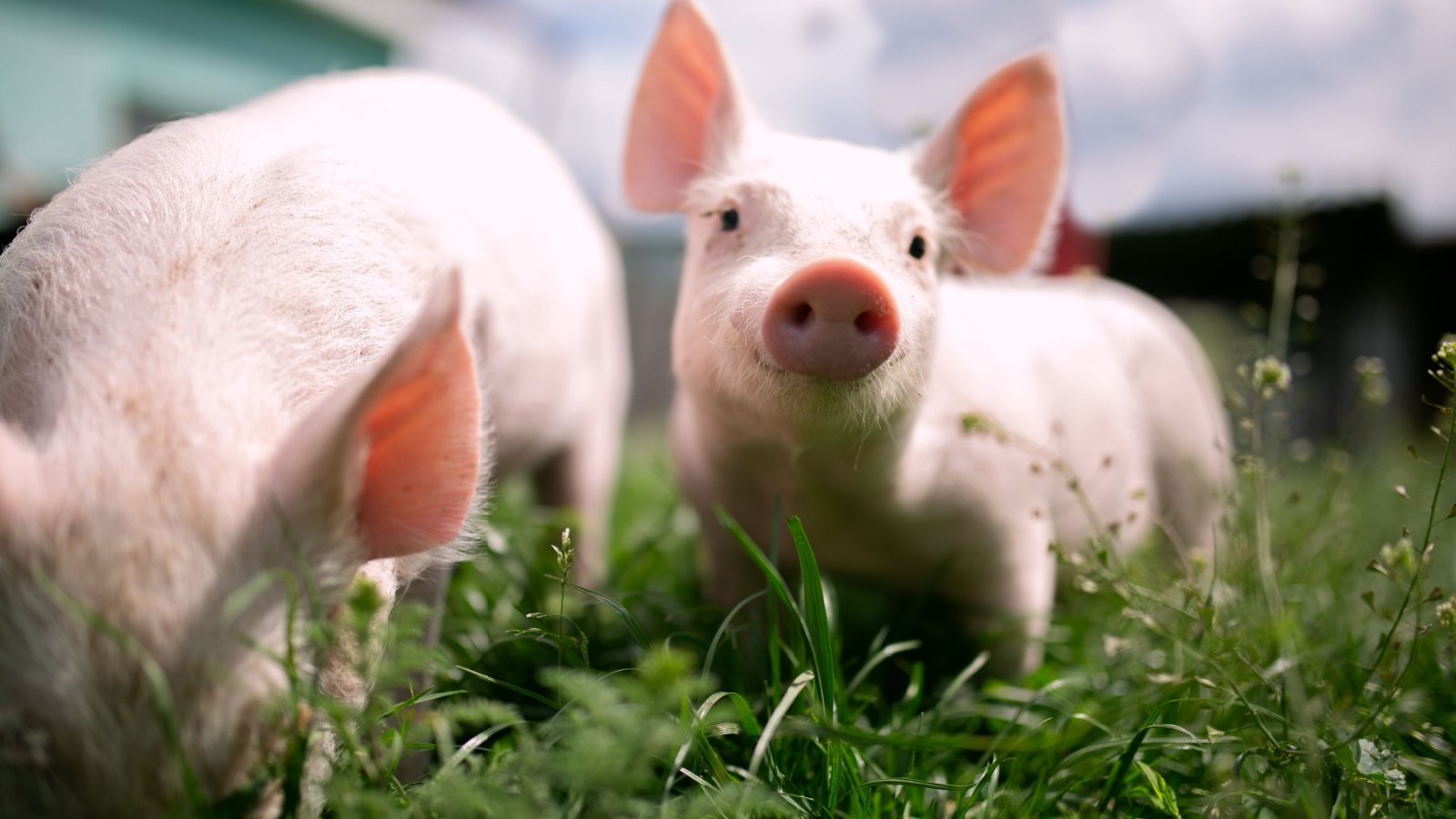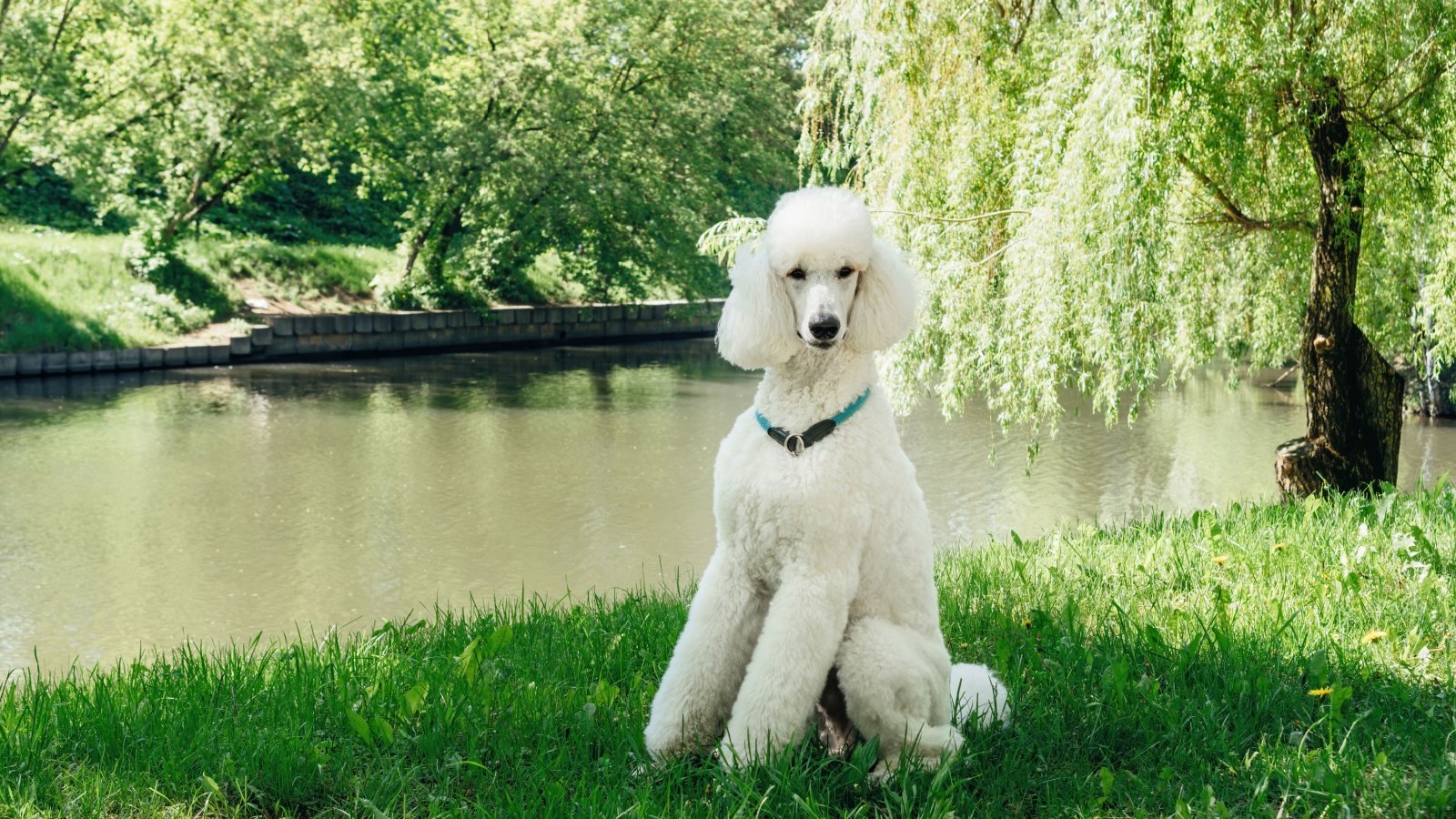The desire to own a pet can be strong. However, the reality of caring for such animals often falls far short of expectations, leading to regret and reconsideration.
The complexities of a pet’s needs can overwhelm even the most enthusiastic owners.
Here, we explore the most common pets that people regret buying, highlighting the responsibilities and challenges that come along the way.
Parrots
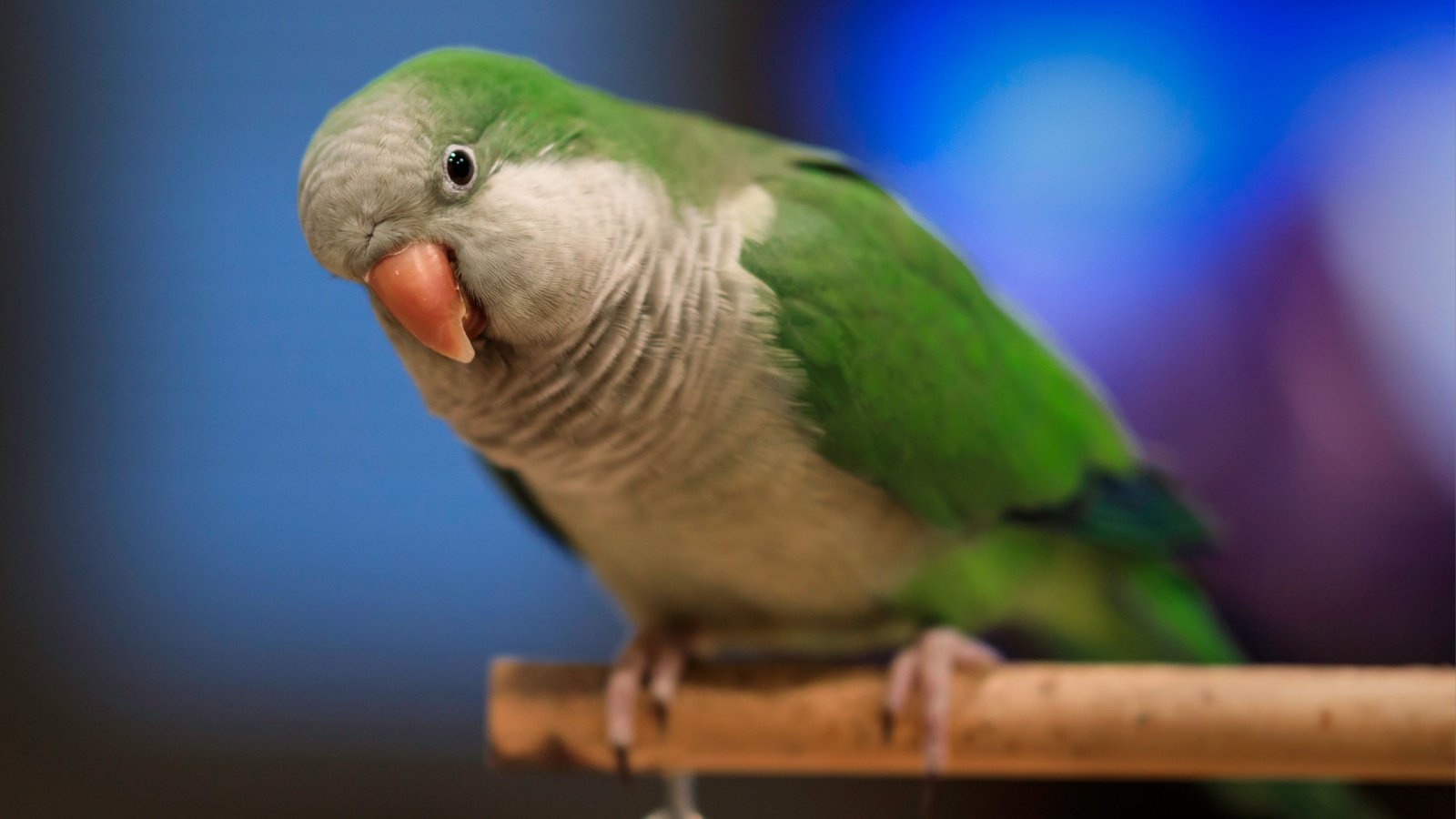
Parrots are admired for their vibrant colors and ability to mimic human speech. However, their need for social interaction and mental stimulation often exceeds the expectations of unsuspecting owners. Many find the commitment overwhelming, leading to regret as these intelligent birds require a lifetime of care.
Turtles

Turtles might seem like low-maintenance pets, but their need for specific habitats and diets can catch owners off guard. They also have surprisingly long lifespans, with some species living up to 50 years or more. The realization of these long-term and intricate care requirements often leads to regret.
Teacup Puppies

Teacup puppies, with their appealing tiny size, can tug at anyone’s heartstrings. Unfortunately, their small size often comes with a host of health problems, including genetic disorders and a fragile constitution. The high cost of veterinary care combined with their health issues frequently leads to buyer’s remorse.
Exotic Birds
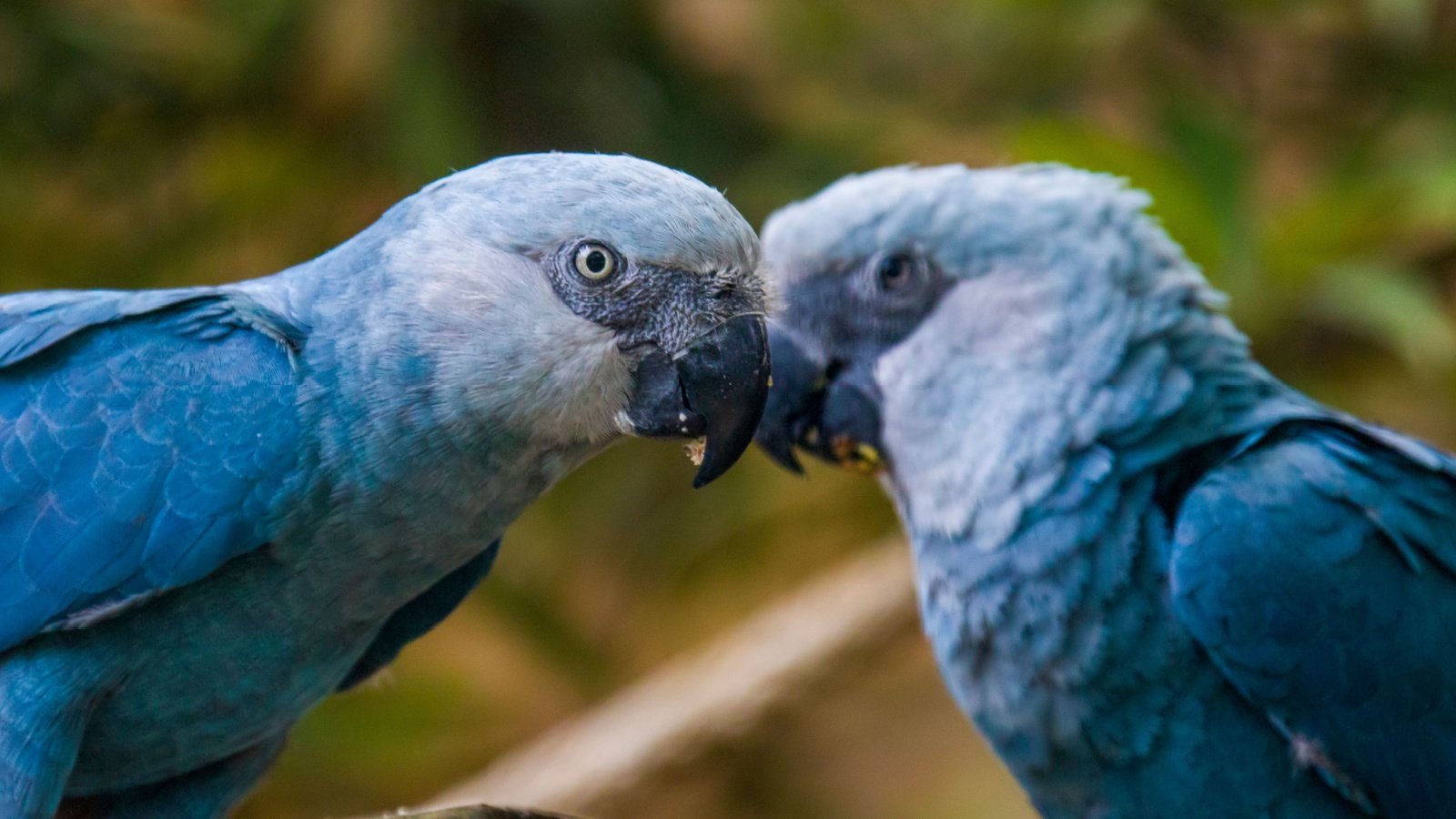
Exotic birds like macaws or cockatoos are not just visually stunning but also highly intelligent. Their need for constant interaction and propensity for loud vocalizations can be too much for many pet owners. Regret often sets in once the reality of their demanding nature and longevity becomes apparent.
Ferrets
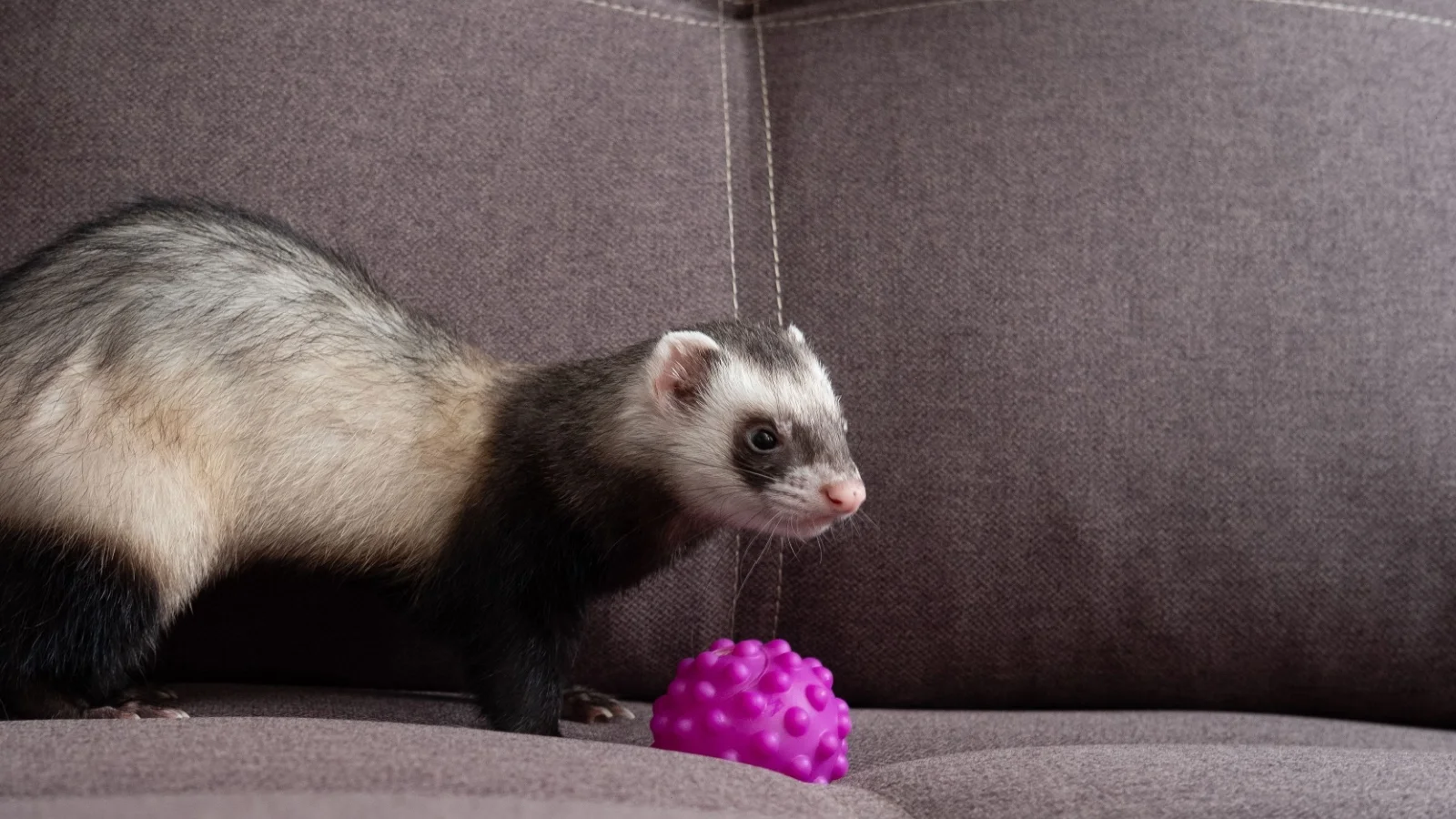
Ferrets are playful and inquisitive creatures that require a lot of attention and specialized care. Their strong odor, even with regular cleaning, can be off-putting and is a common reason for regret. Additionally, they are known for their mischievous behavior, which can be destructive.
Sugar Gliders
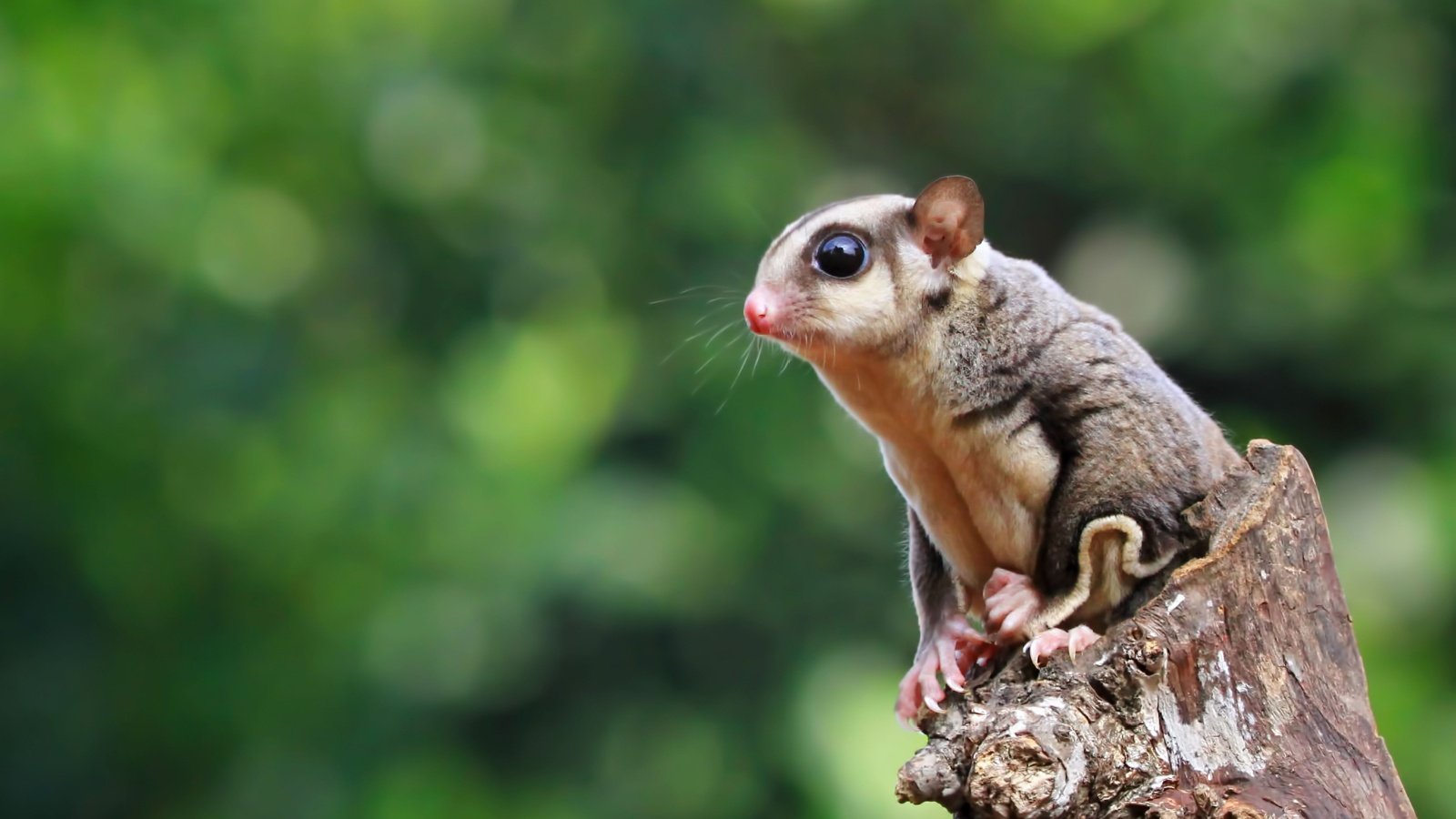
Sugar gliders are adorable and pocket-sized but are actually quite complex to care for properly. They are nocturnal, which means they’re active at night, and they require a diet of fresh fruits and insects. Many owners regret purchasing them due to the challenge of matching their care needs with a typical human schedule.
Hedgehogs
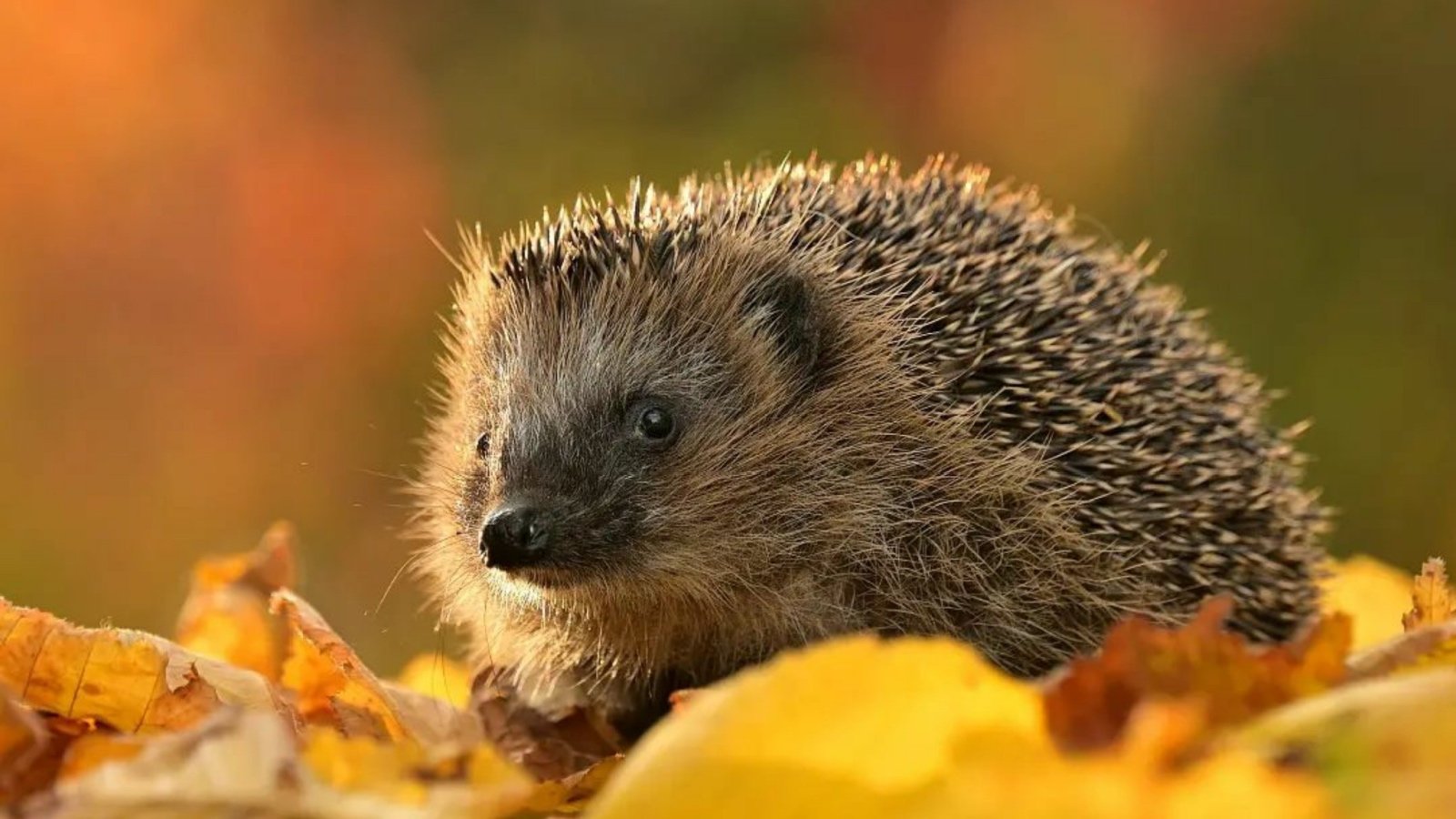
While cute, hedgehogs require a controlled environment and do not like to be handled, contrary to what some might expect. They can also carry salmonella, posing a risk to human health. These factors, along with their solitary nature, often lead to regrets from owners who were looking for a more interactive pet.
Large Fish Tanks

Large fish tanks can transform a room with their serene beauty, but maintaining this ecosystem is both costly and time-consuming. Problems such as algae growth, proper pH balance, and equipment failures can make upkeep frustrating. Regret often follows the realization of the dedication and expense required to maintain these aquatic systems.
Snakes
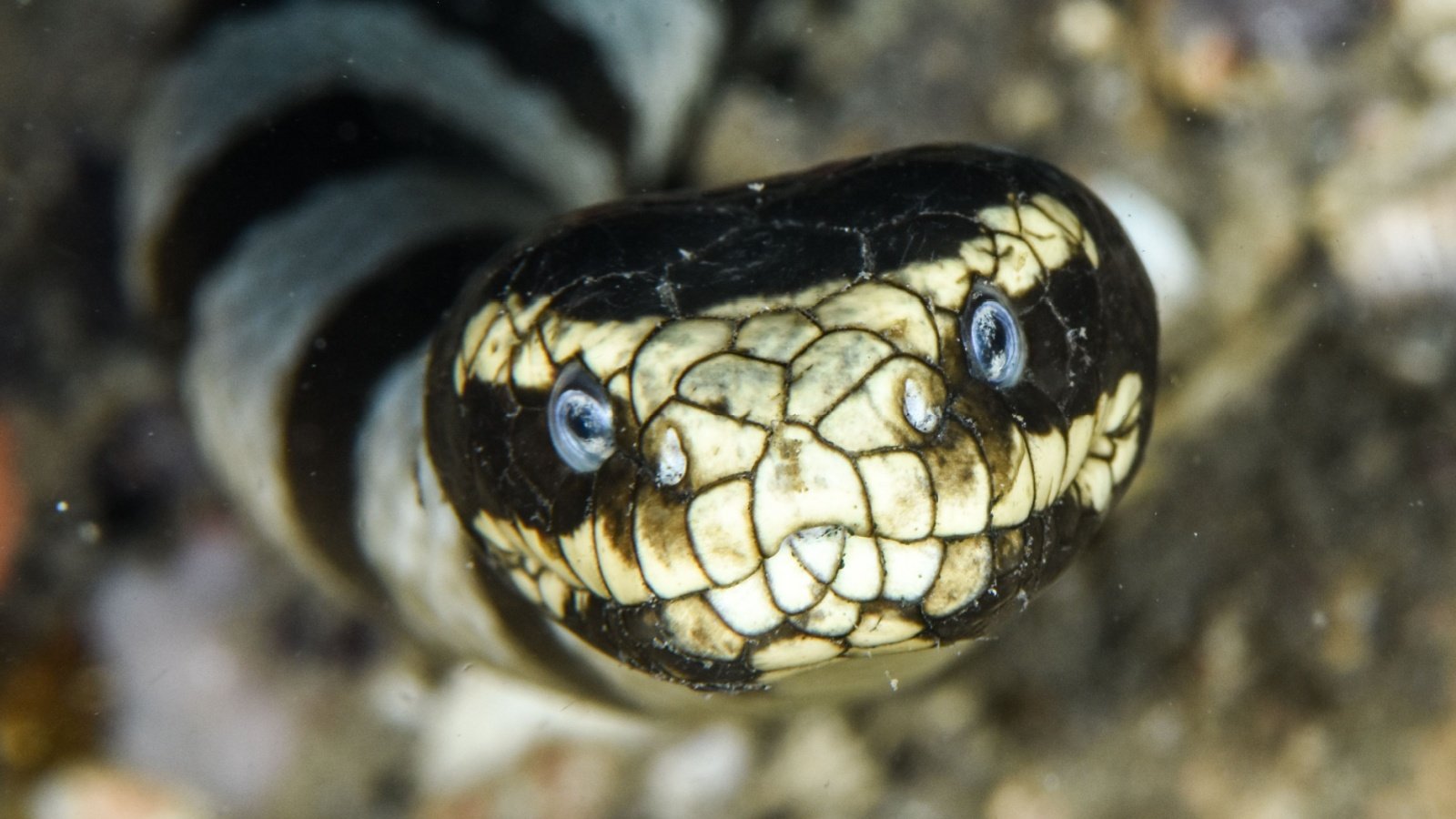
Snakes, such as pythons and boa constrictors, are fascinating pets for some but can become a major regret for others due to their feeding requirements and large adult size. Feeding live or frozen prey to snakes is not for the faint-hearted and can become distressing. Furthermore, their need for specific environmental conditions can be difficult to manage.
Monkeys
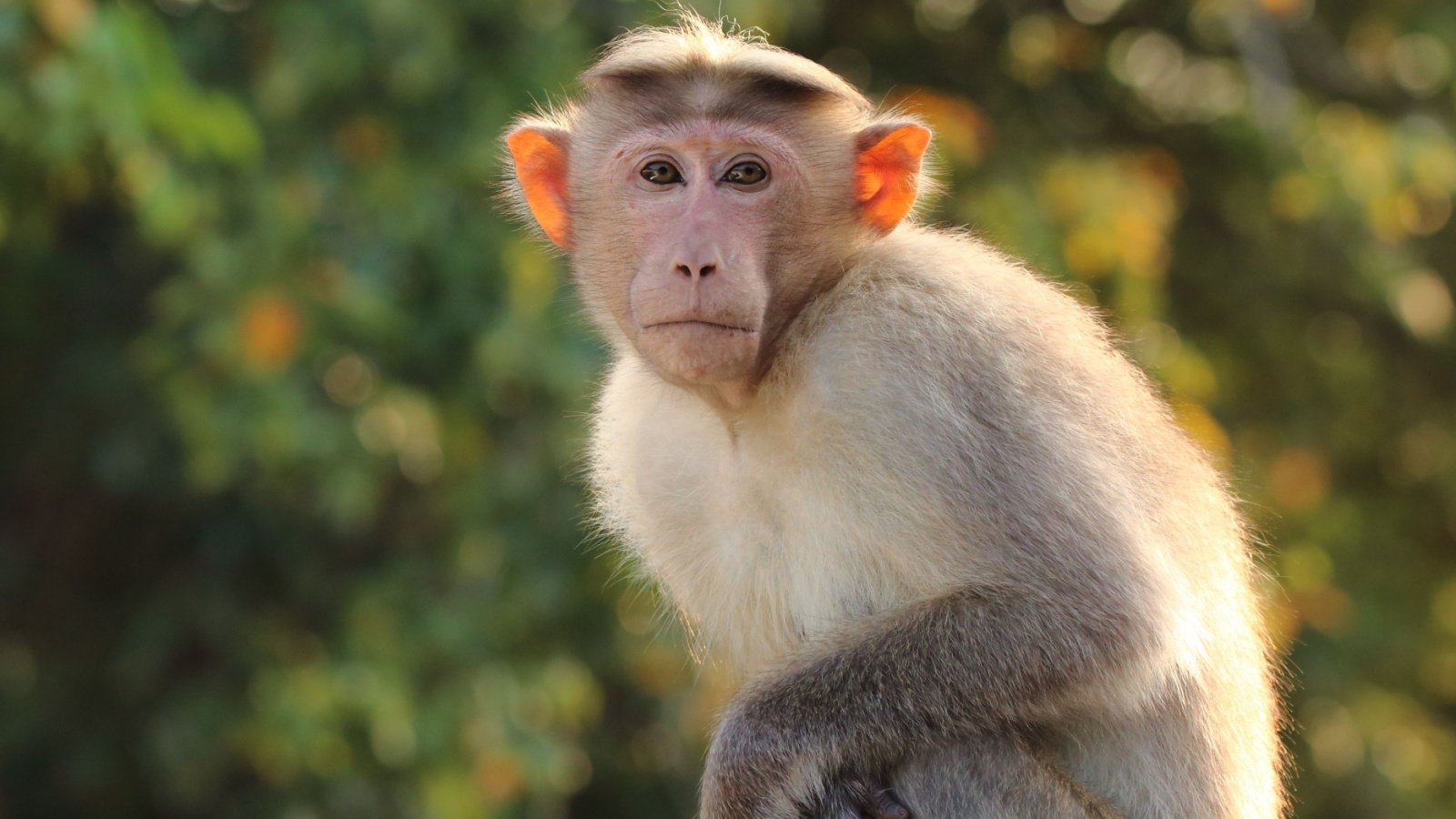
Monkeys, like capuchins, are sometimes sought after for their human-like behaviors and intelligence. However, they require extremely complex care, a stimulating environment, and can become aggressive. The legal and ethical implications, along with intense care needs, often lead to regrets.
Potbellied Pigs
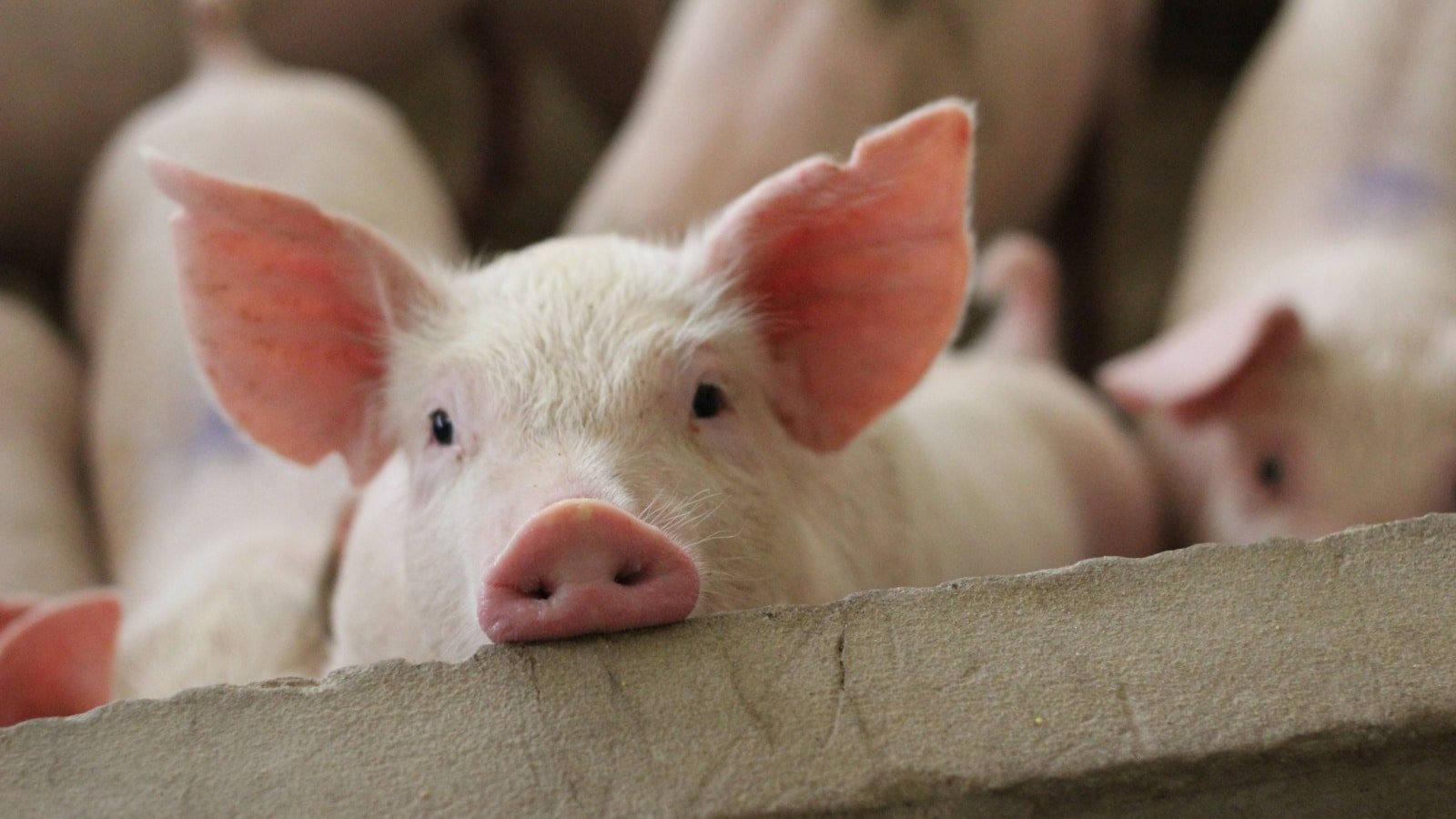
Potbellied pigs are initially adorable and intelligent but grow larger and more demanding than many expect. They can exhibit destructive behavior when bored and require ample space to roam. Many owners regret adopting a pig when faced with their size and complex needs.
Saltwater Aquarium Fish
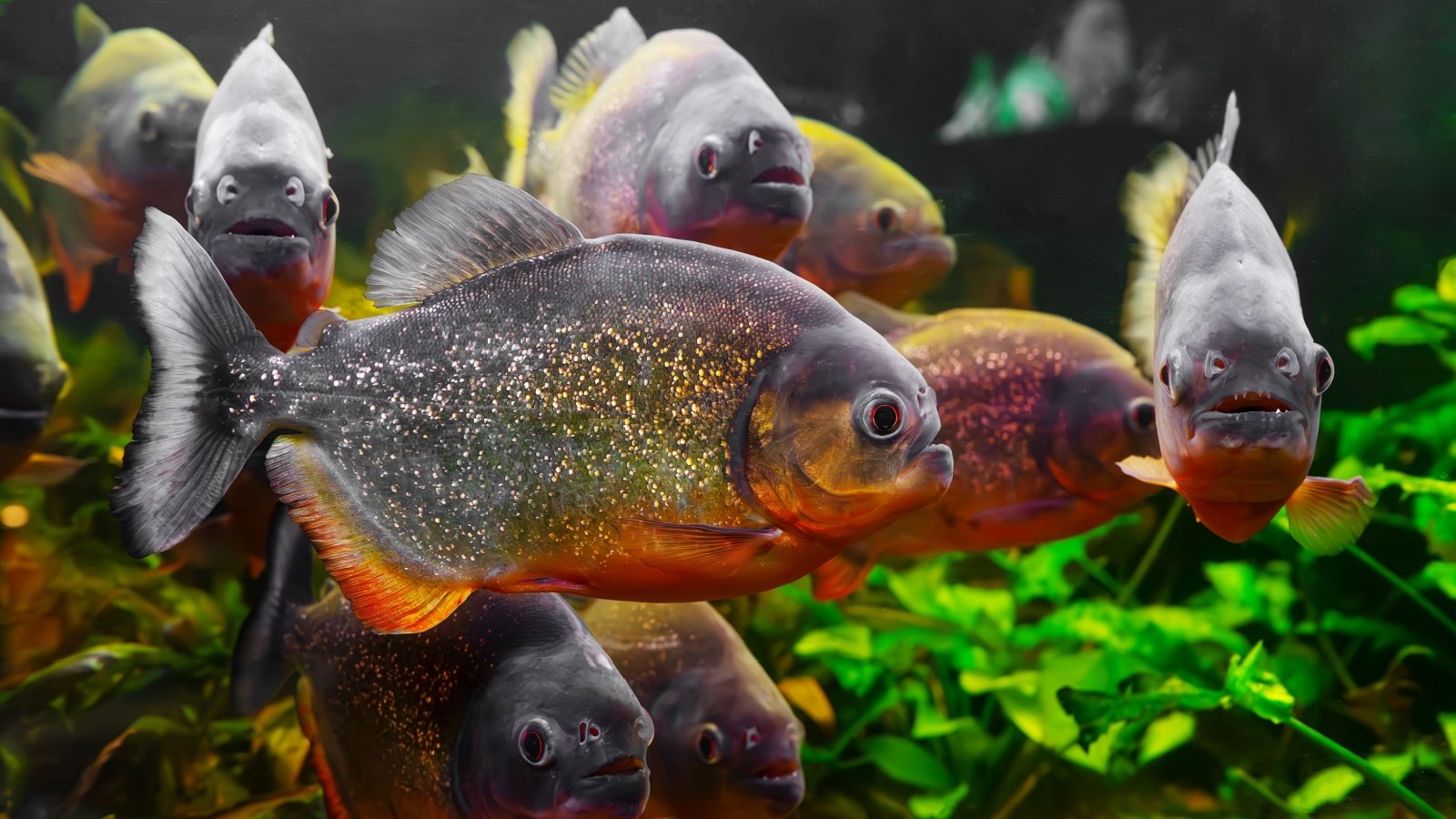
Saltwater aquariums are stunning to behold, but maintaining such a habitat is intricate and expensive. The delicate balance needed to keep marine life healthy and the tank clean demands expertise and dedication. Regret often follows the realization of the ongoing costs and time investment required.
Chameleons
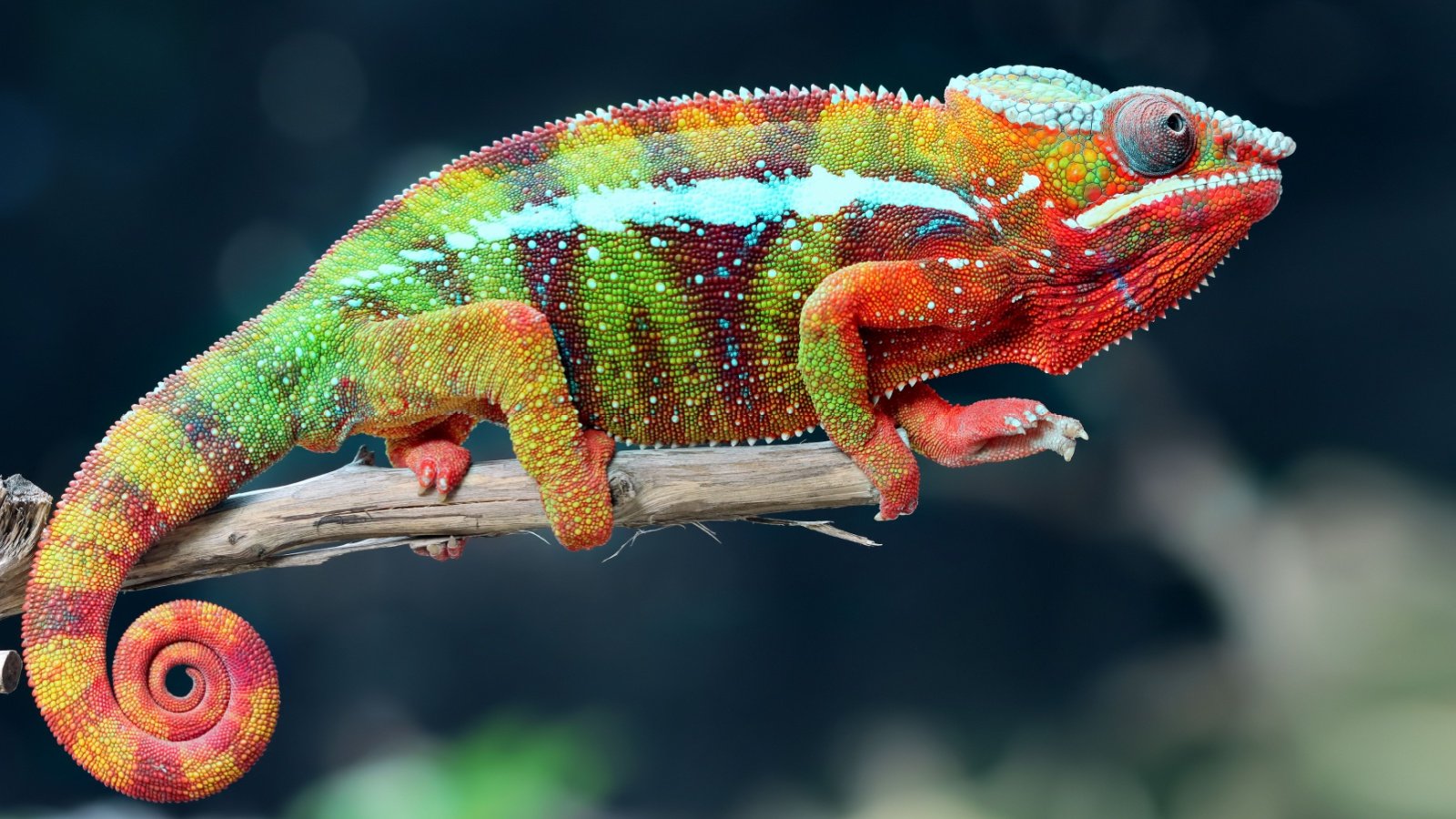
Chameleons are known for their fascinating color-changing ability but are extremely difficult to care for due to their specific light, temperature, and humidity needs. They also stress easily, which can lead to health issues. The complexity of their care often leads to regrets from owners who expect a lower-maintenance pet.
Bengal Cats
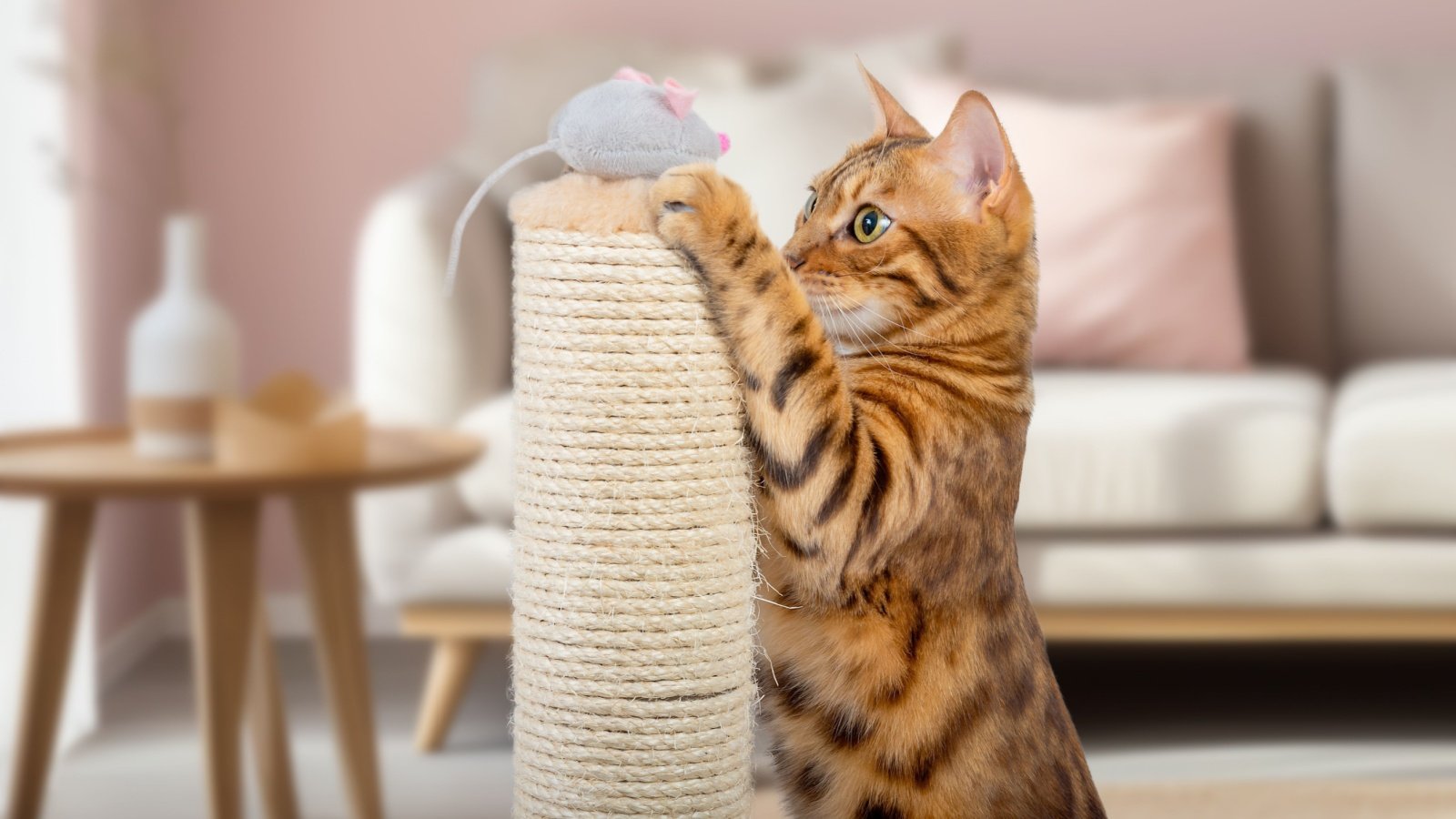
Bengal cats, with their wild appearance and energetic demeanor, can be too much for some pet owners to handle. They require a lot of mental stimulation and physical exercise, and without it, they can become destructive. The mismatch between expectation and reality can lead to regret.
Wolf Hybrids
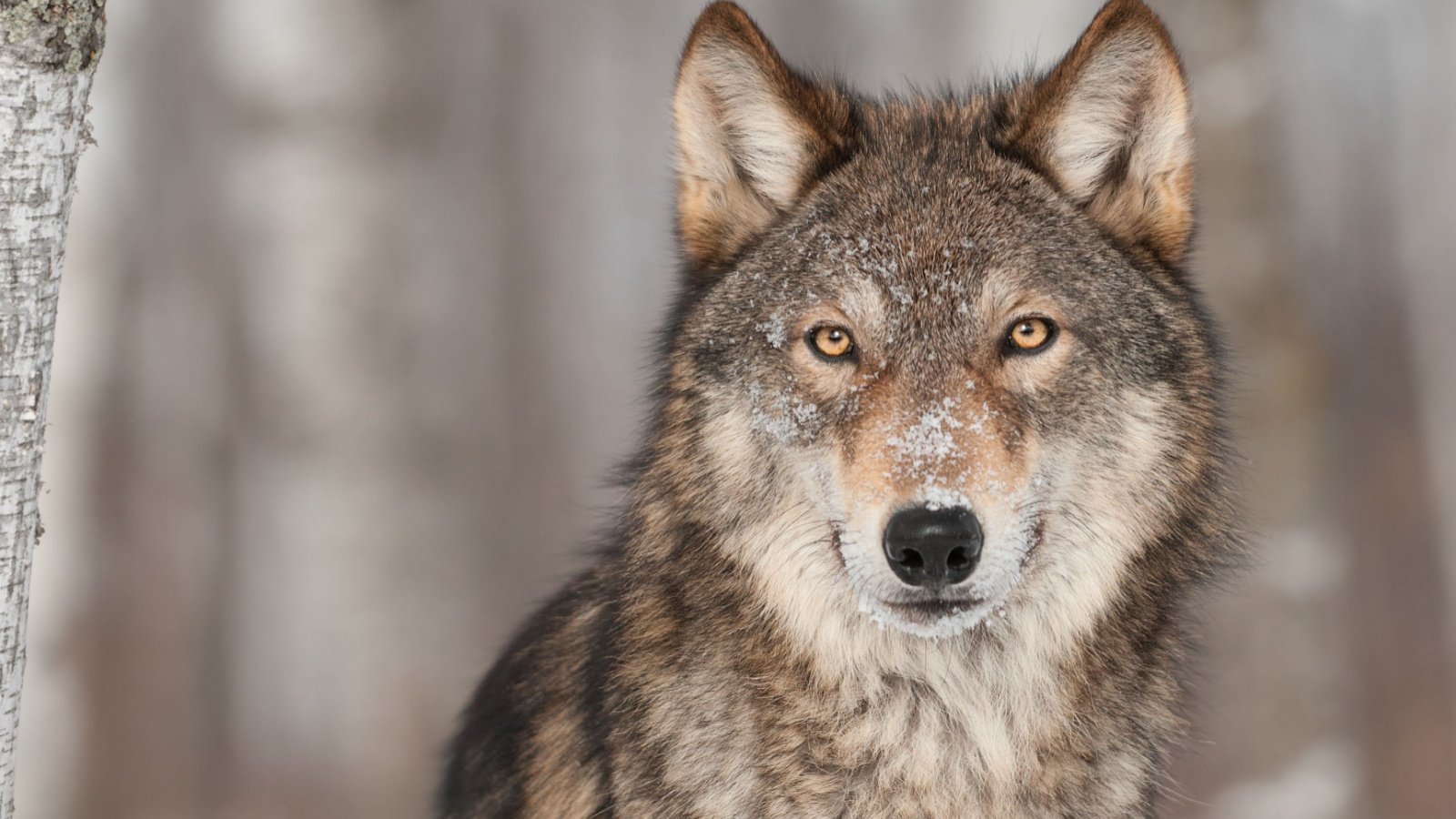
Wolf hybrids are an exotic mix that can intrigue enthusiasts, but owning one can lead to significant challenges. They have complex behavioral traits that require extensive training and containment strategies. Many owners are unprepared for the scale of commitment, leading to regret.
Sphynx Cats
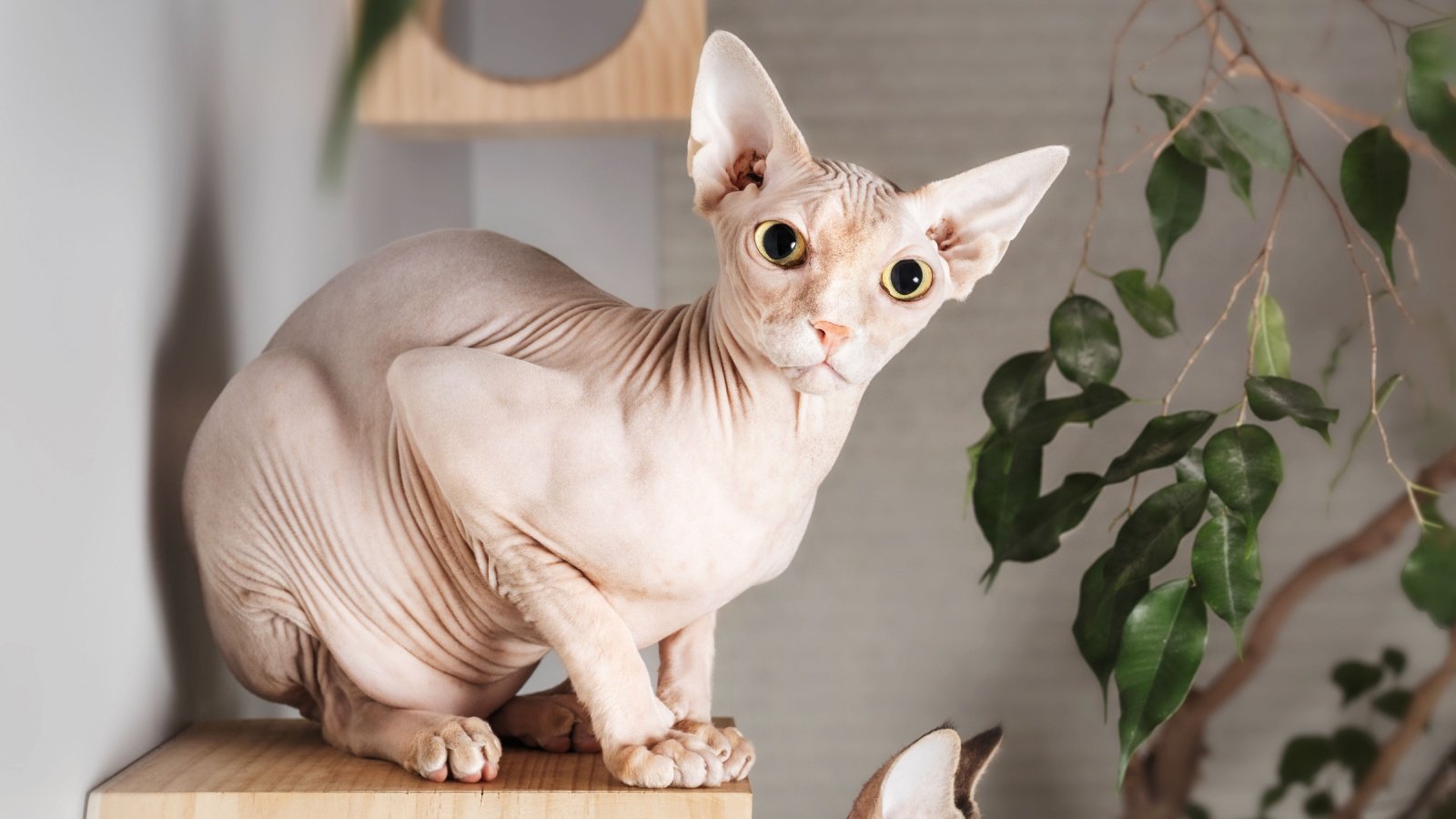
Sphynx cats, known for their hairless bodies, require regular bathing to remove body oils and are prone to health issues. Their high-maintenance grooming needs and vulnerability to environmental conditions can be overwhelming. The intensive care often leads owners to reconsider their choice.
Koi Ponds

Koi are beautiful fish that can bring a zen-like quality to gardens, but their upkeep can be quite involved. Maintaining a proper pond environment and diet for koi is costly and time-consuming. Many regret the decision once they encounter the complexities of koi care.
Chinese Crested Dogs
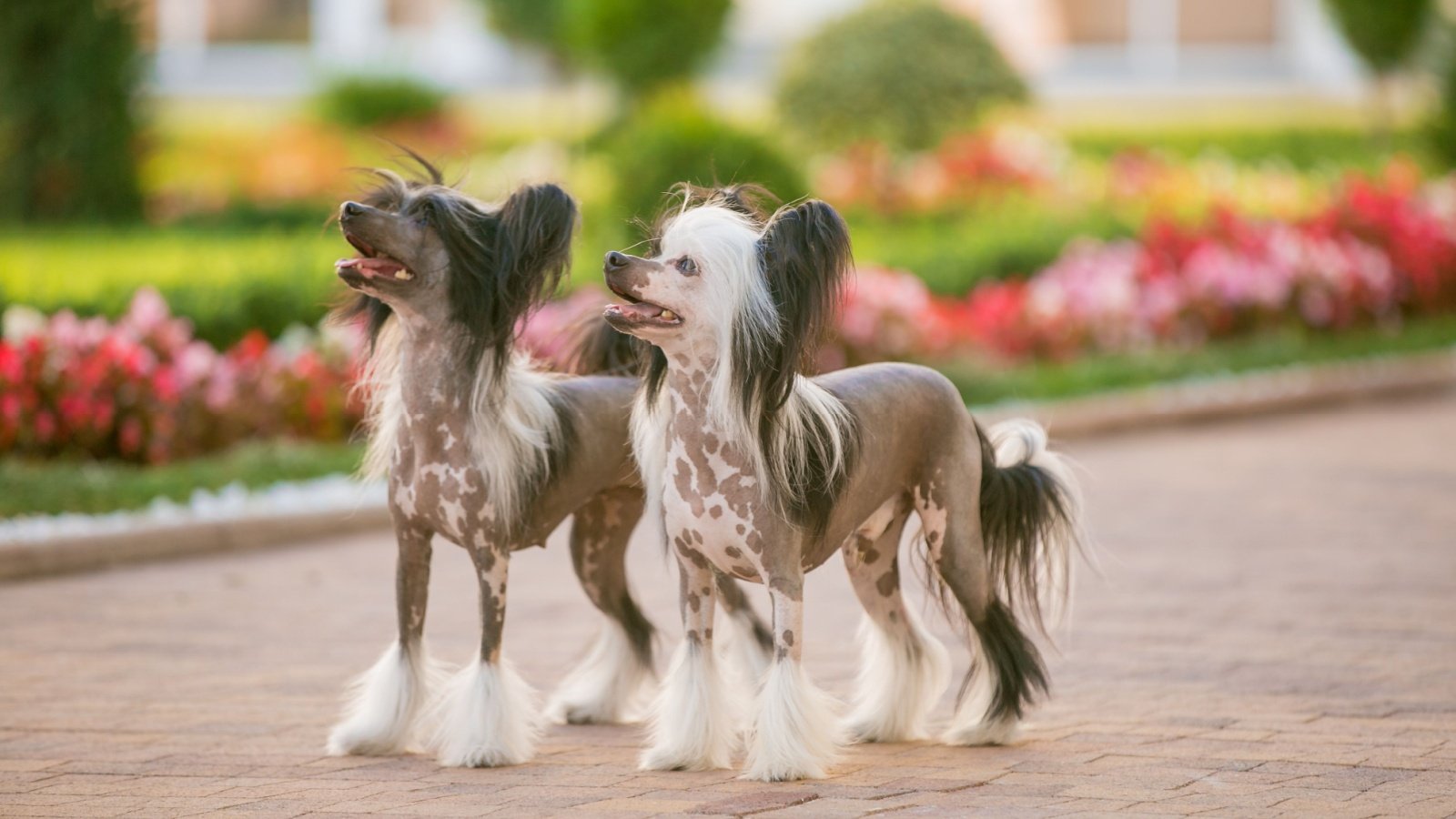
These unique dogs require extensive skin care and are prone to dental issues, making their grooming needs higher than most expect. Their sensitivity to cold also necessitates special care. Owners often regret their choice due to the high maintenance required.
Arachnids
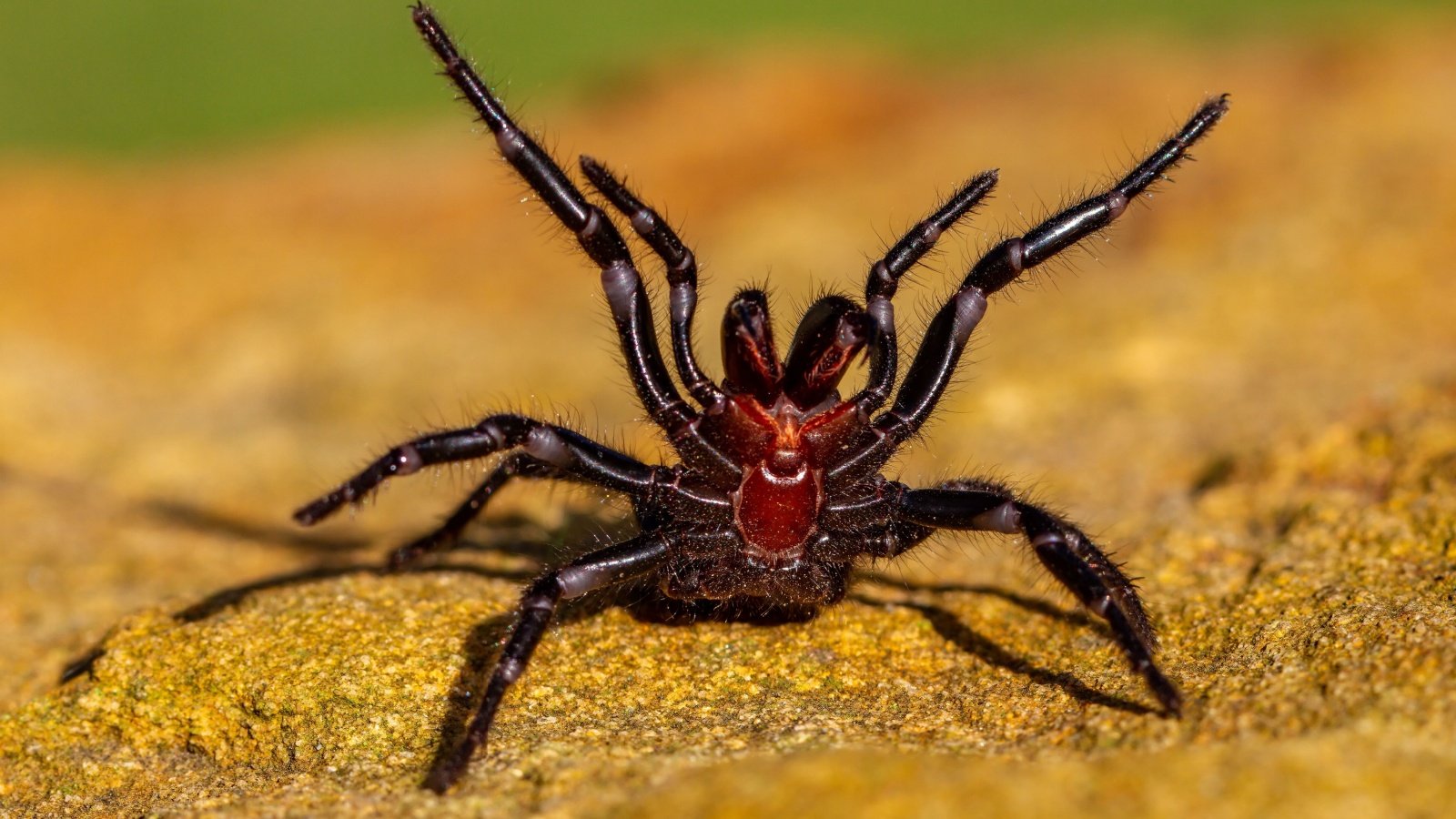
Spiders and scorpions are unique pets that can fascinate but also intimidate. Their care is not only intricate, involving specific habitat conditions, but can also be unsettling when it comes to handling. Many owners find the reality of keeping arachnids does not live up to the intrigue and regret the decision.
Dwarf Hamsters

Dwarf hamsters are popular for their small size and cute appearance. However, they are nocturnal and can be nippy, which makes them less ideal for children than many parents anticipate. Their short lifespan and delicate health also often lead to unexpected heartache and regret.
Bobcats
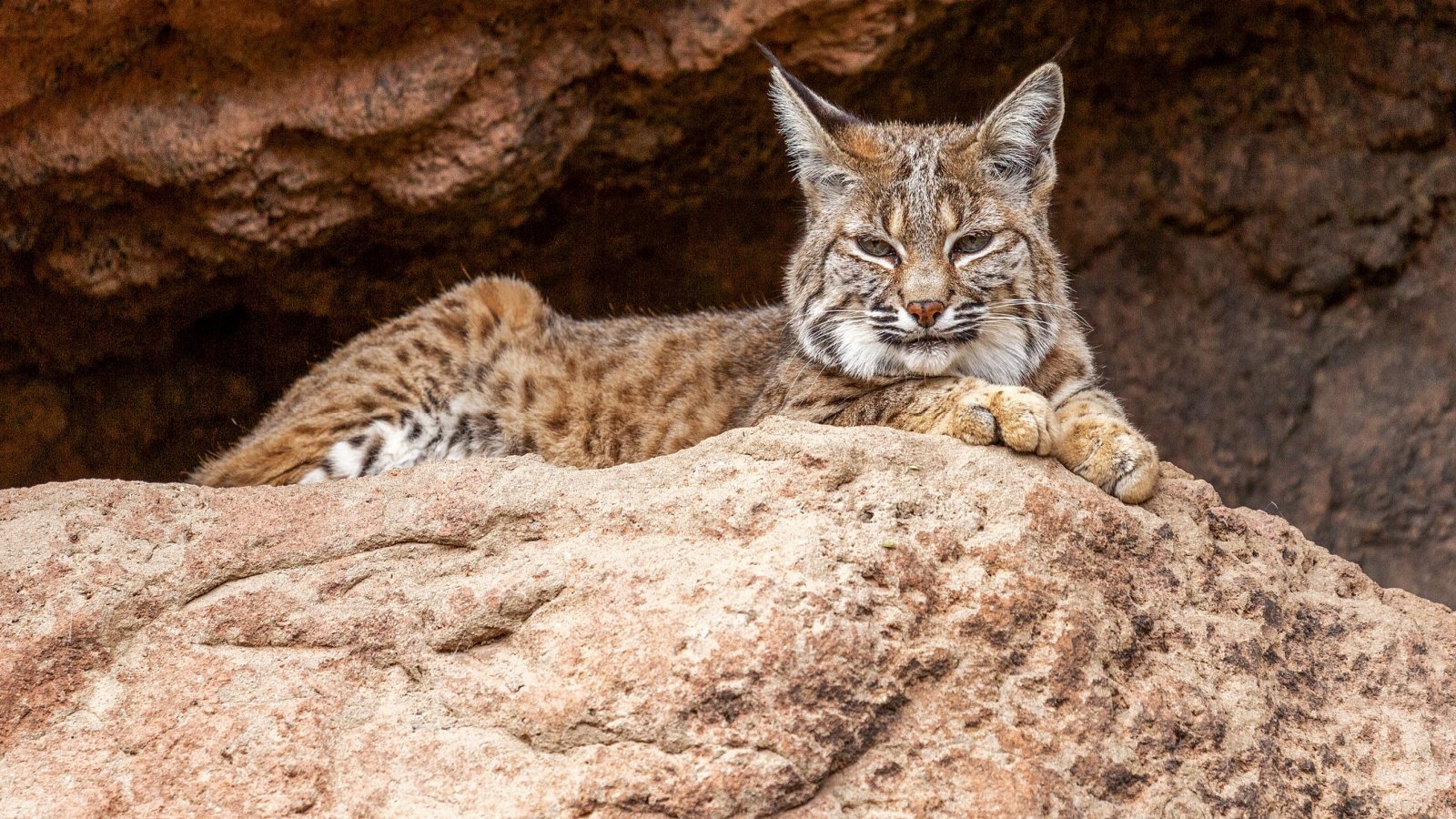
Bobcats, while majestic, are wild animals and not suited to life as a household pet. Their strong predatory instincts can make them dangerous, and they require environments that most homes cannot provide. Regrets often arise from the challenges of trying to domesticate a naturally wild animal.
Skunks
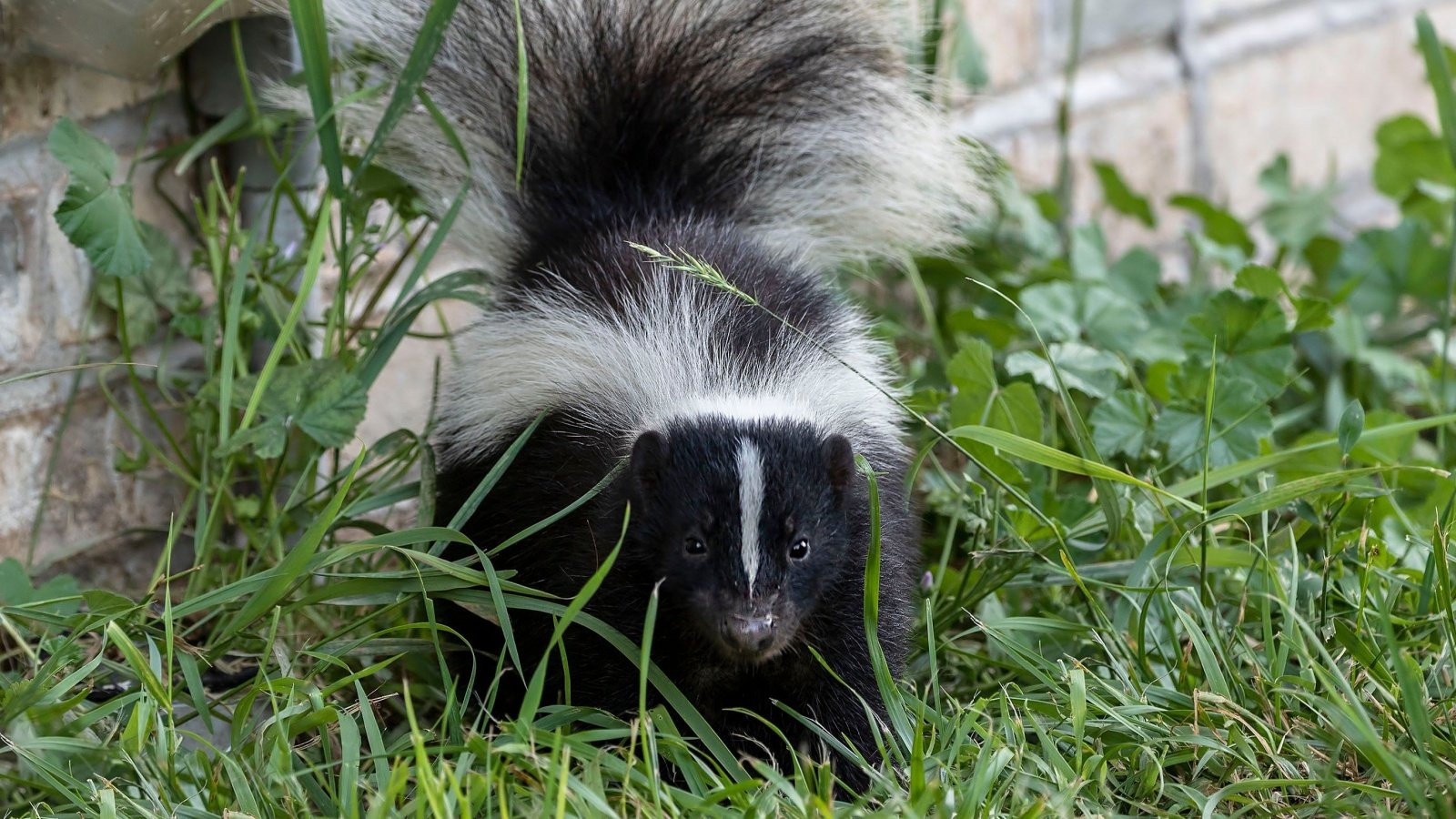
Skunks, even de-scented ones, are novel pets that quickly prove challenging due to their specific dietary and care needs. They are also nocturnal and can be destructive, which many owners do not anticipate. The novelty wears off quickly, leading to regret.
Raccoons
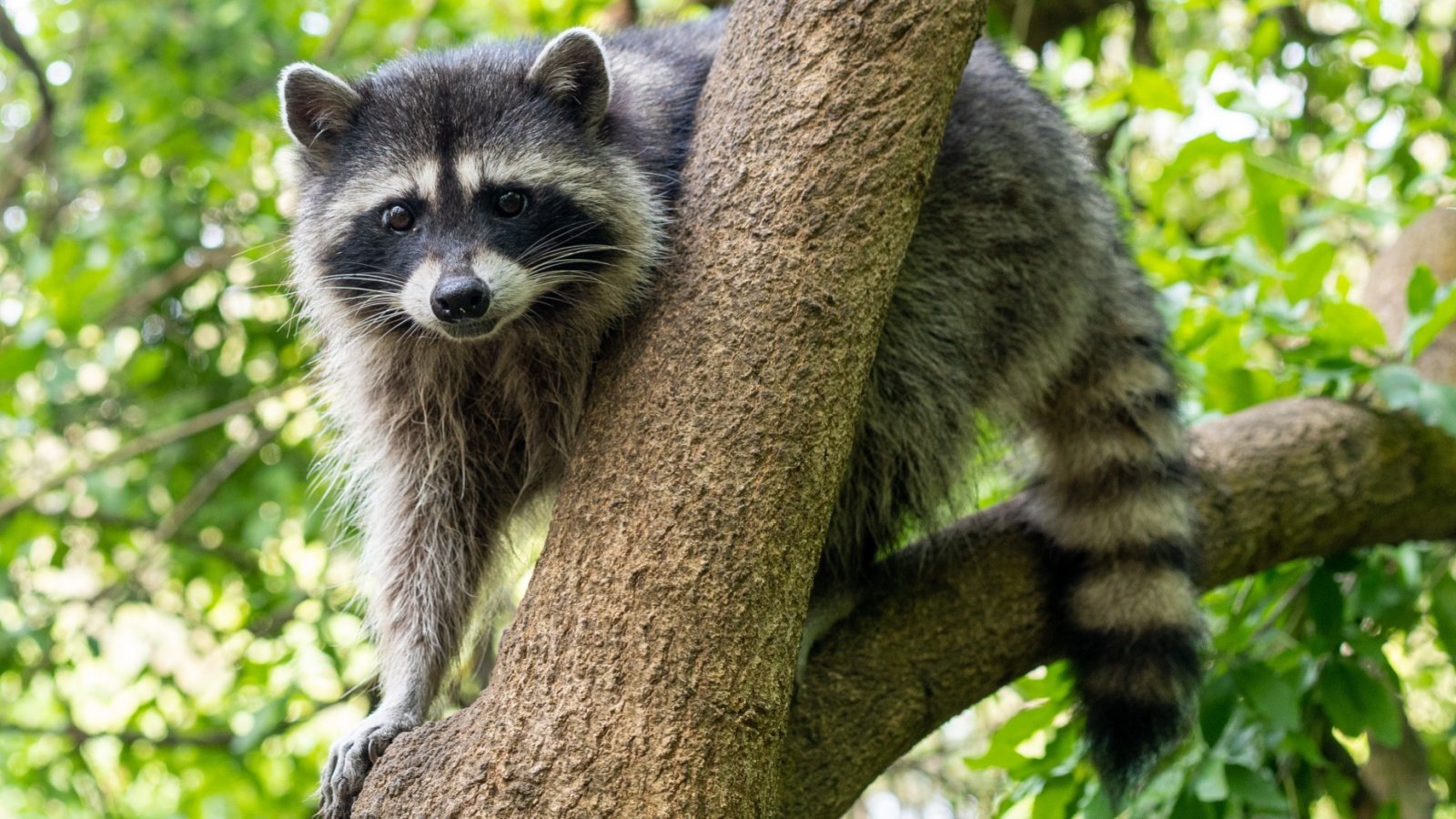
Raccoons are curious and can seem like fun pets, but they are wild animals with complex care needs that are illegal to keep in many places. Their destructive tendencies and risk of disease transmission are often overlooked by prospective owners. Regrets usually follow as the challenges of keeping a raccoon become apparent.
Capybaras
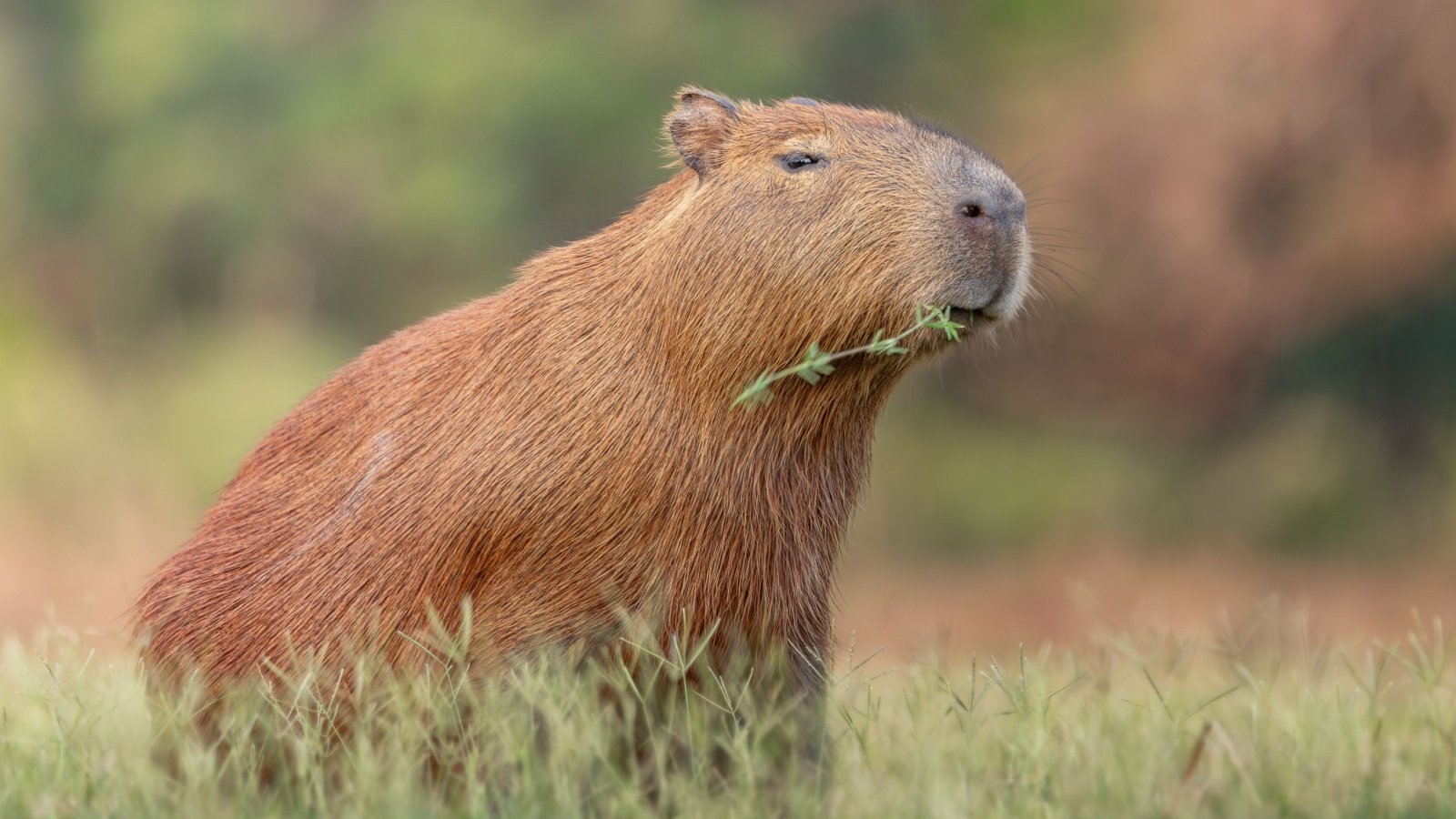
As the world’s largest rodents, capybaras are intriguing but require a lot of space and a semi-aquatic environment to thrive. They are social animals that do best in groups, which can be a significant undertaking. The extensive care required often leads to regrets from individuals who underestimated their needs.
Alligators
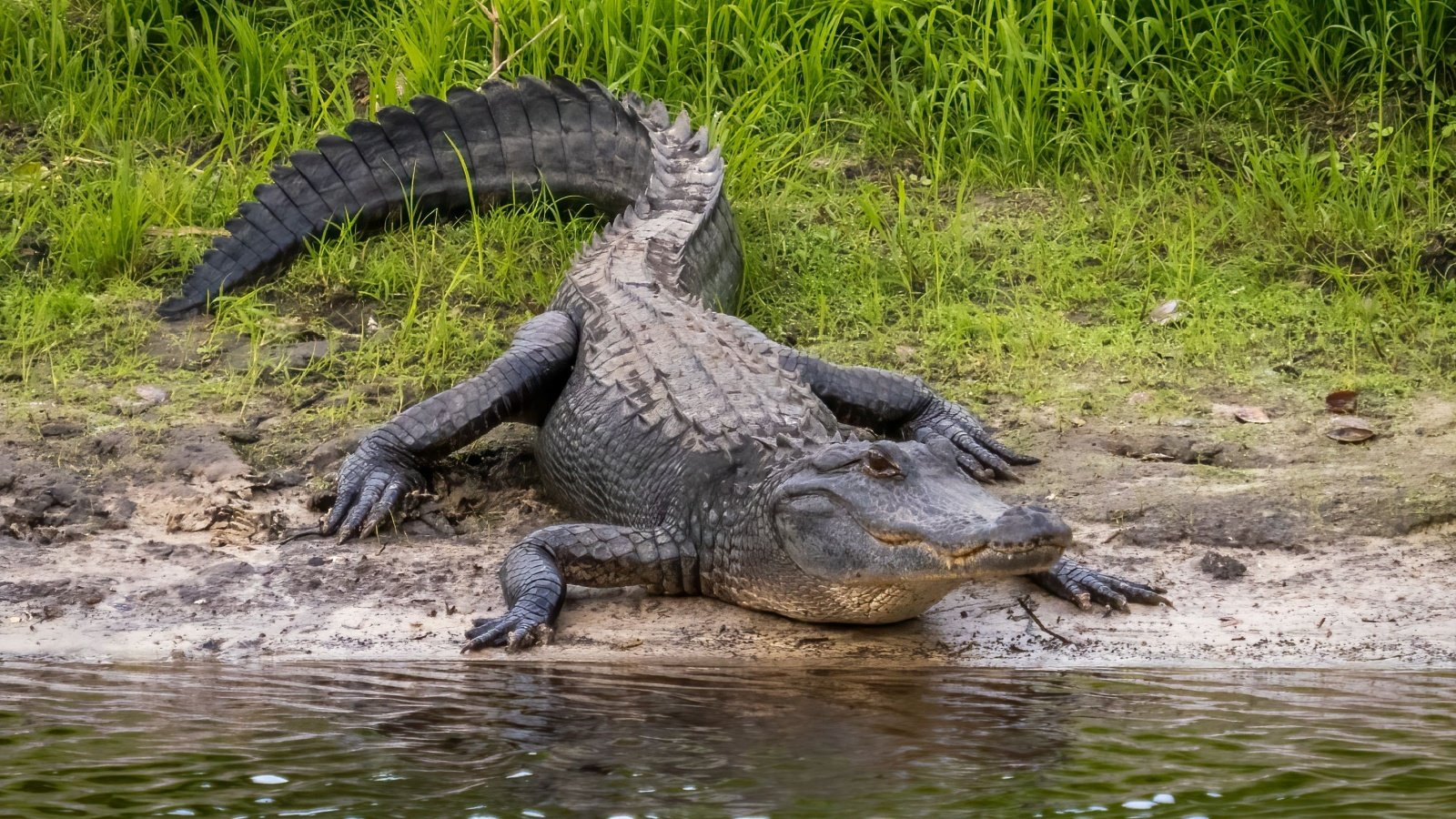
Alligators as pets appeal to those looking for an exotic challenge but quickly become overwhelming due to their size, strength, and dietary needs. They pose significant safety risks and require environments that mimic their natural wetland habitats. Regret often stems from the practical difficulties and dangers associated with their upkeep.



